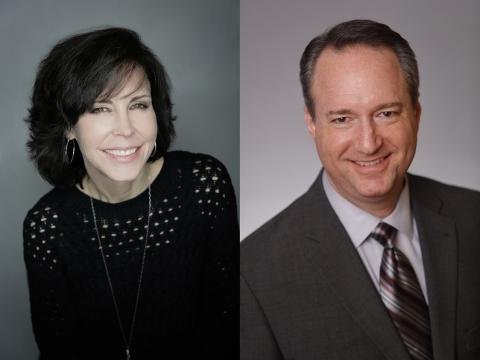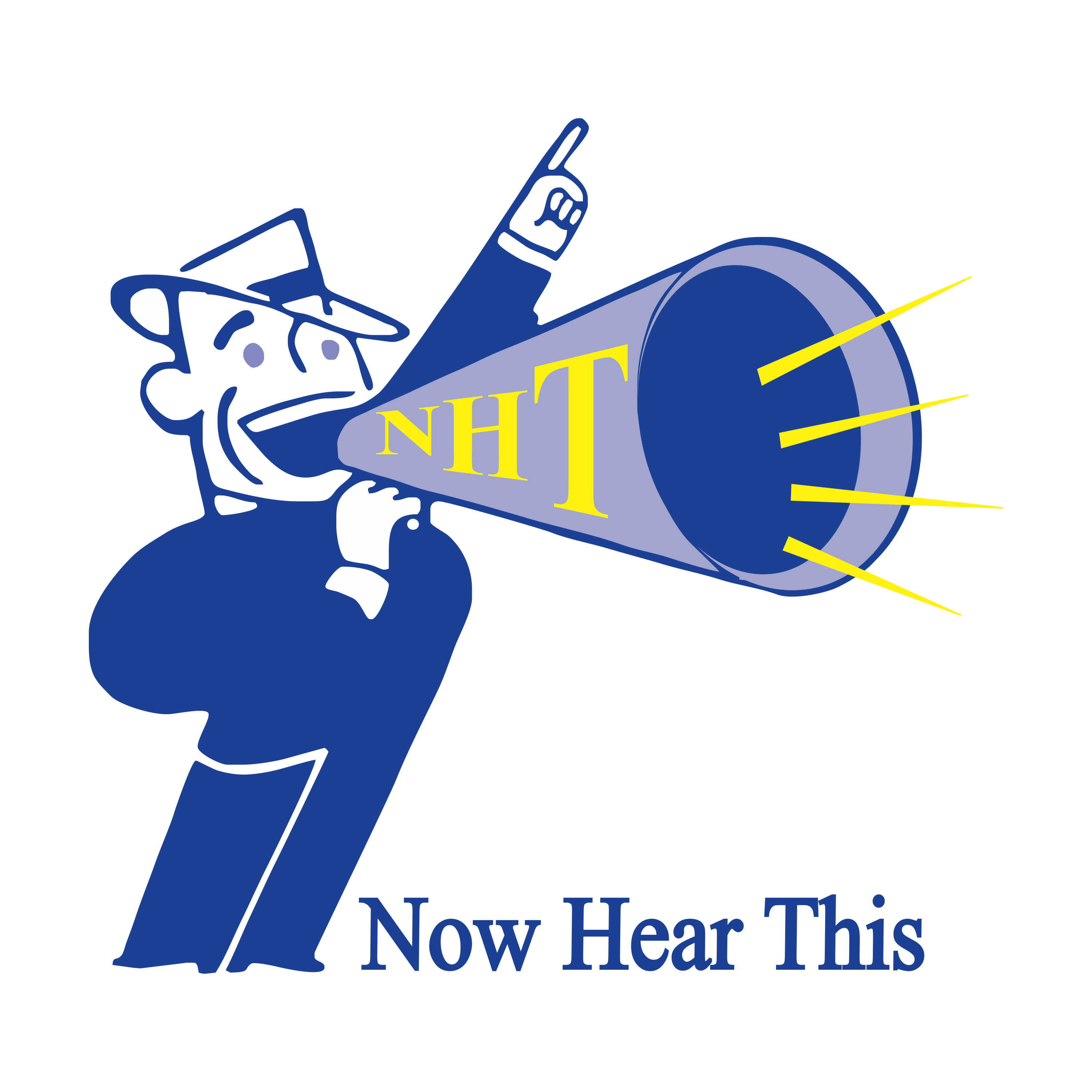
A special episode highlighting two significant initiatives under the Recording Academy umbrella, speaking to anyone who's involved with some facet of the music business, which is very wide ranging, as the first guest details. Debbie Carroll checks in from Nashville to speak on behalf of MusiCares, which provides a safety net of critical assistance for music people in times of need. Then, Daryl Friedman calls in from Washington, DC to talk about Advocacy, the Recording Academy's voice in our nation's capital for music makers. Hear how this all pertains to and can benefit you, regardless of your role and whether you're a Recording Academy member or not.
(Debbie) "You do NOT have to be a member of the Recording Academy or any affiliated organization. To qualify for MusiCares financial assistance, you have to be able to document that you've been in the music industry in some capacity for five years and/or have credited contribution to six commercially released recordings or videos, and those are singles."
(Debbie) "The terminology in terms of how we define the music industry is vast... producers, engineers, songwriters, bus drivers, lighting tech guys, production crew, record label employees. We want to be as inclusive as we possibly can be while also fulfilling our mission."
(Debbie) "Our Emergency Financial Assistance program is our foundation program... We provide financial assistance to get individuals through many difficult times."
(Debbie) "Our scale and scope is rather great in terms of what we can provide assistance for."
(Debbie) "We provide medical clinics around the country where music people are able to get a free physical. And if something is discovered during that physical and they need follow-up care we can help with that."
(Debbie) "Last year we served 8,700 people with a little over 6.7 million in aid."
(Daryl) "The Music Modernization Act really does accomplish something important for all music creators. For performers... for songwriters... and for producers."
(Daryl) "The best lobbyist, I always say, is the creator him or herself. And we've been really pleased to see thousands of them advocate through our programs."
(Daryl) "(GRAMMYs on the Hill) really is the Recording Academy's attention turning to Washington, on the Hill, and it has become Washington's most impactful music and political activity."
(Daryl) "I always believe that people who are here on this earth to make music should be making music and we don't want to take time away from that, but we've really made it easy to be an advocate."
(Daryl) "A couple things did not get resolved in the Music Modernization Act, as significant as it was. One issue was there's one area in the U.S. law that's really the only area in the U.S. economy where someone can use somebody else's intellectual property without permission and without compensation, and it's actually terrestrial radio. And, terrestrial radio is the one platform for music that does not pay anything to artists in royalties."
